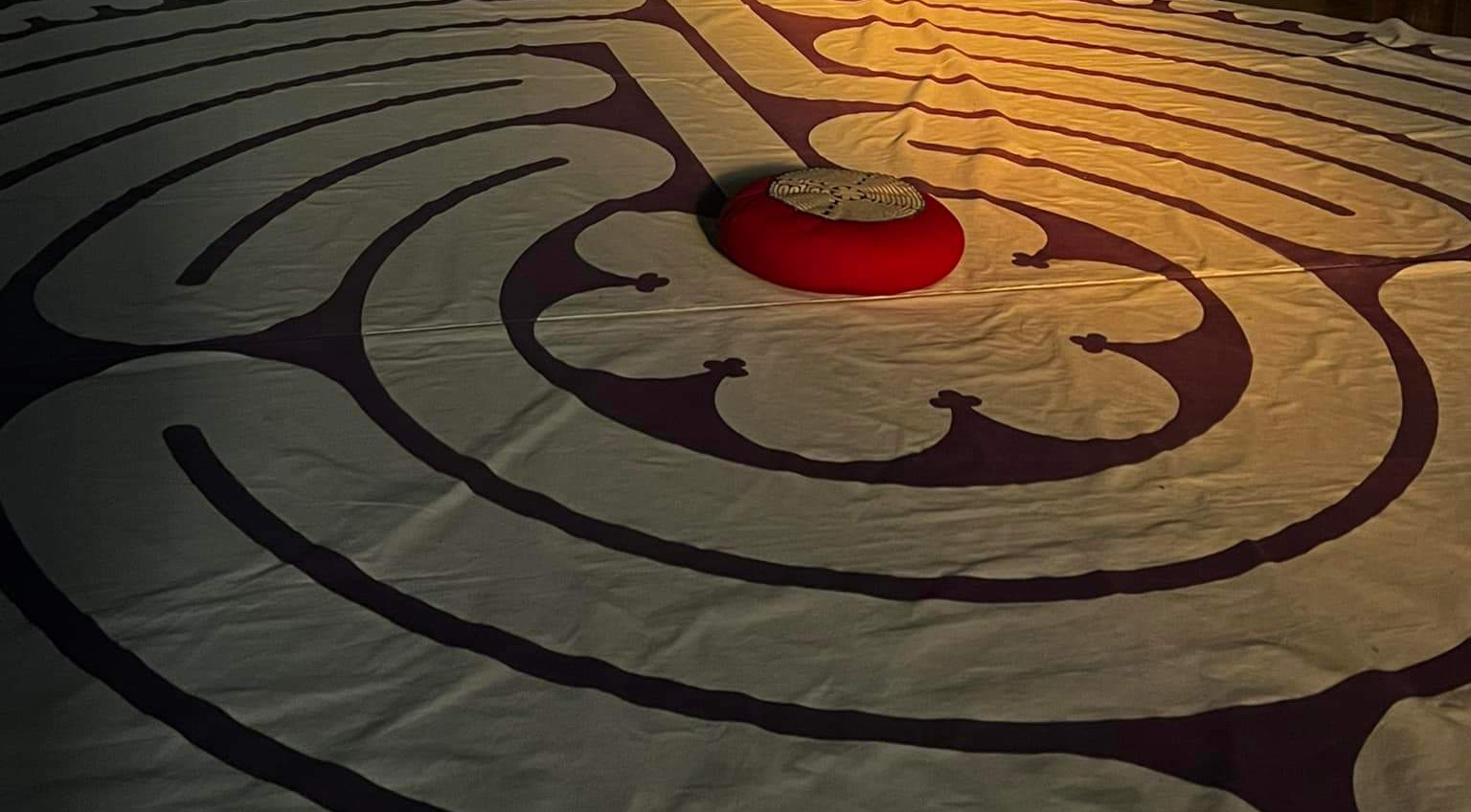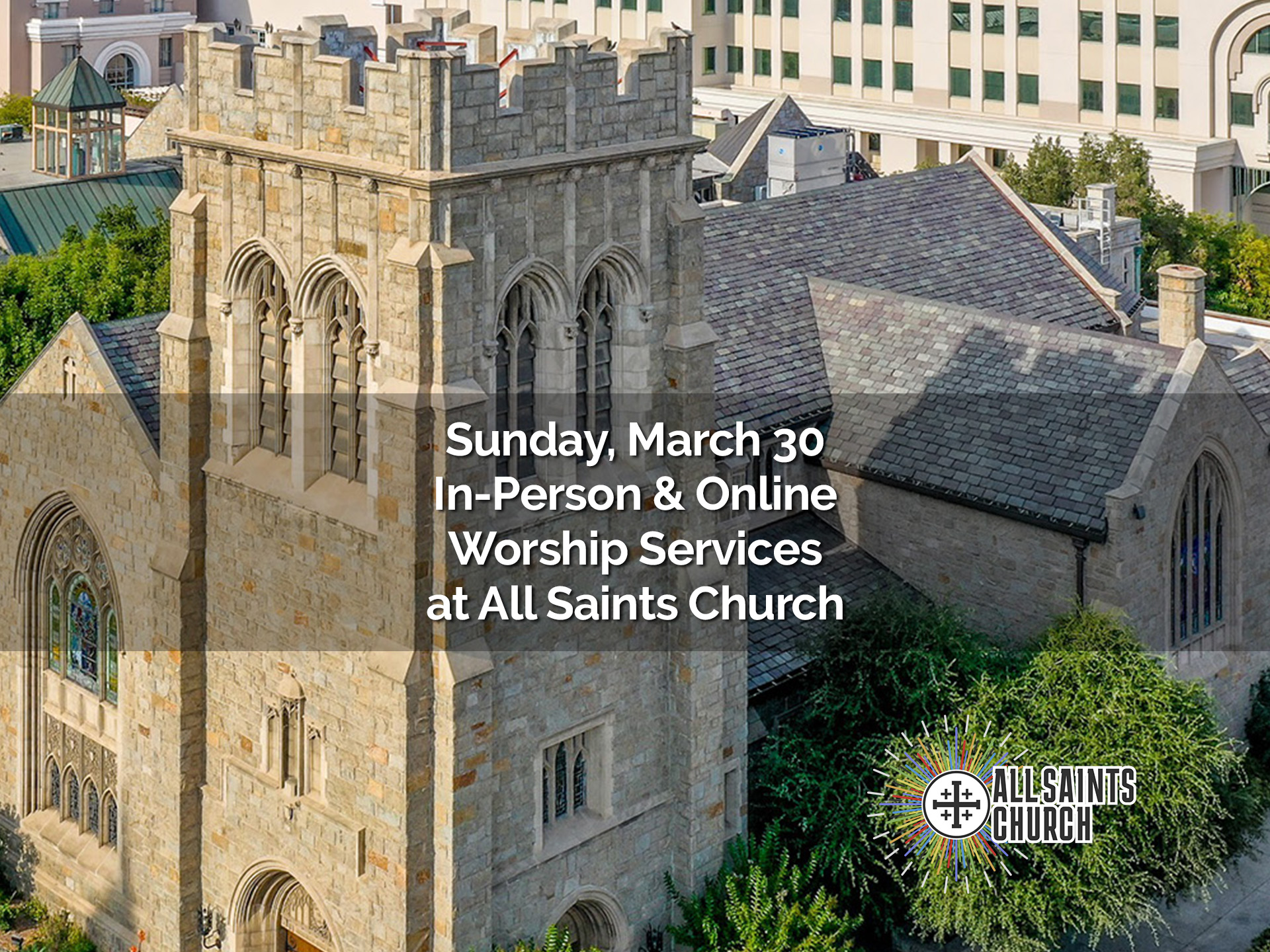The Gospel isn’t meant to be gulped down on Sunday morning, but gnawed on through the week so it really becomes a part of us. You’ve got to work at it, like a dog with a good bone! Here’s the Gospel for this coming Sunday — The Second Sunday in Lent — with food for thought about the language we use for God. Gnaw away!
Second Sunday of Lent – Luke 13:31-35
Just then, some Pharisees came to Jesus and said, “You need to get out of town and fast. Herod is trying to kill you.”
Jesus replied, “Go tell that fox, ‘Today and tomorrow, I’ll be casting out devils and healing people, and on the third day I’ll reach my goal.’ Even with all that, I’ll need to continue on my journey today, tomorrow and the day after that, since no prophet can be allowed to die anywhere except in Jerusalem.
“O Jerusalem, Jerusalem! You kill the prophets and stone those who are sent to you! How often have I wanted to gather your children together as a mother bird collects her babies under her wings – yet you refuse me! So take note: your house will be left to you desolate. I tell you, you will not se me again until you say, ‘Blessed is the One who comes in the name of our God!’”
The Backstory – What’s Going On Here?
This passage comes in the middle of what is often referred to as the “travel narrative” in Luke — Jesus’ journey from Galilee to Jerusalem from 9:51-19:28. Immediately prior is Jesus’ teaching the parables of the mustard seed and the yeast, followed by an apocalyptic passage (9:22-30) where Jesus is asked “Lord, will only a few be saved?” … to which Jesus replies “strive to enter through the narrow door, for many, I tell you, will try to enter and will not be able.” He then describes the scene of even those who ate and drank with Jesus being “thrown out” amidst “weeping and gnashing of teeth” when the door is closed. He closes (right before this passage) by saying, “some are last who will be first, and some are first who will be last.”
Immediately after this proclamation, we have this commentary on Herod and Jerusalem … certainly an example of “those who would be first.” Jesus sets himself in the role of the Jewish prophets, who were rejected in Jerusalem … an act which resulted in the destruction of Jerusalem and the Temple and the exile of the people in Babylon. Jerusalem thus is both a symbol of God’s dedication to the people and the people’s continual turning away from God. It is in Jerusalem that Jesus will once again play that role.
A few things to chew on:
*Jesus uses a feminine image for himself as the Christ here – something not unheard of in scripture, but certainly not common. The Episcopal Church has appropriated this language in one of the Enriching Our Worship Eucharistic Prayer 2 “Yet as a mother cares for her children, you would not forget us.” At All Saints Church, our theology has been evolving over time to include God as feminine and now we are working to embrace non-binary language as we come to understand gender as being expressed on a spectrum.
What language do you use for God? What are you comfortable with? What makes you
uncomfortable? Try praying to God using different gender language than you are used to. Try praying to Jesus using a different ethnic image than you are used to. What do you notice?
*The Herod referred to here is not the Herod of the birth narrative (Herod the Great) but his son, Herod Antipas. Jesus calling him “that fox” has multiple meanings. In addition to meaning “crafty,” there is also the connotation of inferiority (think of a fox compared with a lion). Jesus is at once acknowledging that Herod is good at playing the game but is yet not a threatening opponent. Herod has the formal authority of position, but Jesus refuses to give him authority over him. Think of the relationships of authority in your life. Whom do you give authority to because of their position? Where do you have authority because of your position? In each, where does Jesus’ words that “some are last who will be first, and some are first who will be last” come into play?
Try This:
Sorrow for the poor choices of others is a part of life. We all have friends and family who have made poor choices and the pain they cause is not limited to themselves but to all who care for them. This week, take some time to think about who has caused you pain by their poor choices … and also whom you have caused pain to by your poor choices. Think and pray about what a small act of love and reconciliation might look like in those relationships … and then do that one, small act.
Tankman
“O Jerusalem, Jerusalem! You kill the prophets and stone those who are sent to you! How often have I wanted to gather your children together.”
It is one of the iconic images of the 20th century. An anonymous young man standing in front of a line of tanks sent to break up pro-democracy demonstrations in Tiananmen square.
We are drawn to this image because of the contrast in power. Four huge tanks — the might of a mighty army — stopped in their tracks by one man putting his life in their path
Some people are drawn to conflict by the lure of the battle. Many more flee from conflict out of fear of uncomfortability or injury. But “Tankman” (the only name by which we know him) was different.
He did not flee from conflict. He did not engage in the conflict. He went to the heart of the conflict and offered himself in love.
There is perhaps no city that is more a center of conflict and power than Jerusalem. It is a sacred place for three major world religions. In Jesus’ time it was the seat of both Roman regional power and the Jewish Temple authority.
And so, Jesus sings of Jerusalem. He sings that he must not flee from it, but go there. He sings that he must not battle Jerusalem but ” gather your children together as a mother bird collects her babies under her wings.” He must go into the heart of the seat of power. He must go into the heart of conflict. He must offer himself in love.
In our lives there are many centers of power and conflict — writ large and small. They are everything from the halls of Congress to the family dinner table … from the boardroom to the bedroom.
And Christ bids us not to flee from them. Christ bids us not to violently overthrow them.
Christ bids us to walk with him into the heart of them … and join him in offering ourselves in love out of compassion for them. Christ bids us to stand like Tankman … resolute against astronomical odds … and refuse to stop loving no matter what the cost. Not being a doormat (allowing someone to abuse you is not loving) … and refusing to yield.
What does it look like to stand firm and lovingly against the powers that would oppress in your life, in our life? What does it look like to give yourself in love for the sake of transforming the heart of someone you are in conflict with?
What does it look like for us to stand in front of a tank … or walk to Calvary?
What is Jerusalem in your life?
. . . . . . . . . . . . . . . . . . . . . .
Collect for Sunday
Pray this throughout the week as you gnaw on this Gospel.
O God, whose glory it is always to have mercy: Be gracious to all who have gone astray from your ways, and bring them again with penitent hearts and steadfast faith to embrace and hold fast the unchangeable truth of your Word, Jesus Christ; who with you and the Holy Spirit lives and reigns, one God, for ever and ever. Amen.



